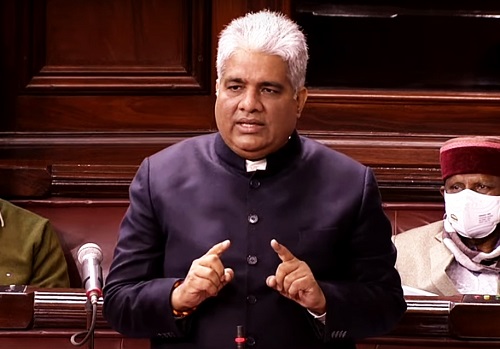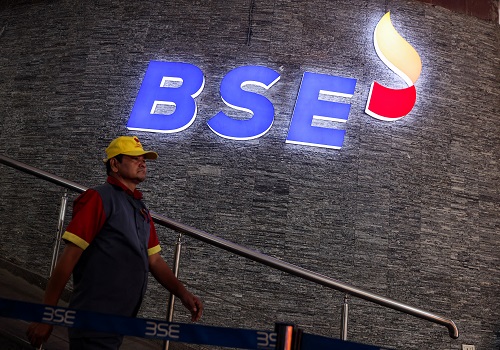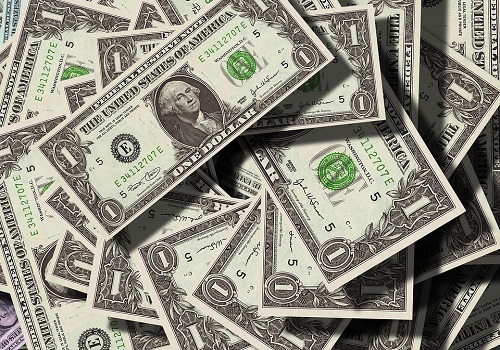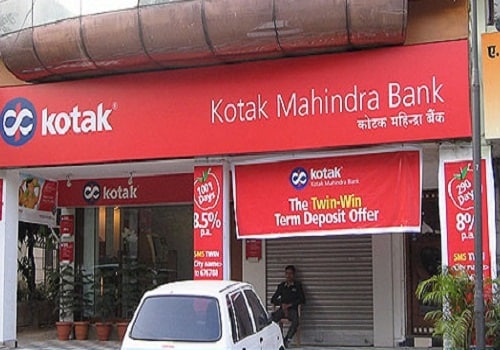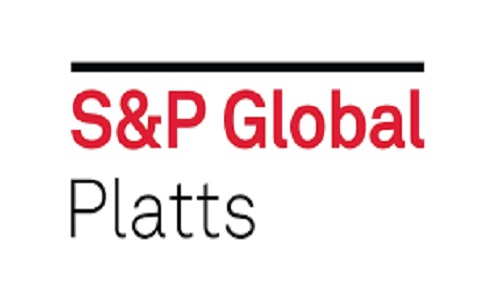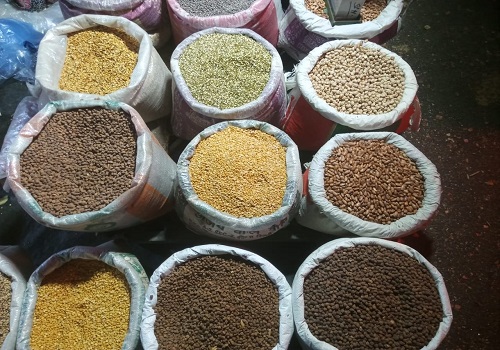India set to offer wheat to flour millers, biscuit makers to tame prices
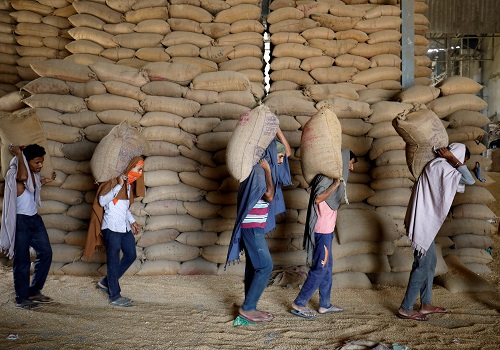
Follow us Now on Telegram ! Get daily 10 - 12 important updates on Business, Finance and Investment. Join our Telegram Channel
India is set to offer 2 to 3 million tonnes of wheat to bulk consumers such as flour millers and biscuit makers as part of efforts to cool record high prices, two government sources said, even as state reserves have dropped to the lowest in six years.
Wheat prices have surged in India this year after a sudden rise in temperatures hit crop yields and output.
A jump in exports following Russia's invasion of Ukraine also pushed up local wheat prices, prompting India, the world's second-biggest producer of the grain, to order a ban on exports in May, but that has failed to stop domestic prices rising.
As open market prices rose above the rate at which the government buys the staple from domestic farmers, state purchases of wheat have fallen by 53% this year to 18.8 million tonnes.
"We're planning to offload wheat in the open market to control prices as we can't afford to have yet another year of lower procurement (when purchases start in March/April 2023)," said one of the sources. "In terms of stocks, we have the elbow room to intervene in the market."
The government buys rice and wheat from farmers at state-set prices to run the world's biggest food welfare programme that entitles about 800 million people to receive 5 kg of rice and wheat every month at 2 rupees ($0.02) and 3 rupees a kg respectively.
The plan is to free up 2 to 3 million tonnes of wheat for sale to bulk users, the sources said.
India's falling wheat reserves, and rising prices of the staple are a far cry from overflowing granaries that allowed the country to export a record 7.2 million tonnes of the grain in the fiscal year to March 2022.
"We're confident that the release of 2 to 3 million tonnes of wheat in the open market will bring prices down," said the second source.
The two sources with direct knowledge of the matter didn't wish to be named, in line with official policy.
They also said the government will decide later this month whether to extend the food programme that provides free rice and wheat to the poor.
On top of the flagship food welfare scheme, Prime Minister Narendra Modi in April 2020 introduced the free food programme as part of the government's COVID-19 relief measures.
In September, ahead of some crucial state elections, Modi's administration extended the programme by three months, adding $5.46 billion to government spending and making it challenging to rein in the fiscal deficit.
As well as the cost, government officials have cited lower government wheat stocks as a serious impediment to continuing with the free food plan that requires between 95 and 100 million tonnes of rice and wheat every year.
"The government is in a tight spot due to lower stocks and that's why it would be difficult to continue with the free food programme without any curtailment," said a New-Delhi-based trader with a global trade house.













